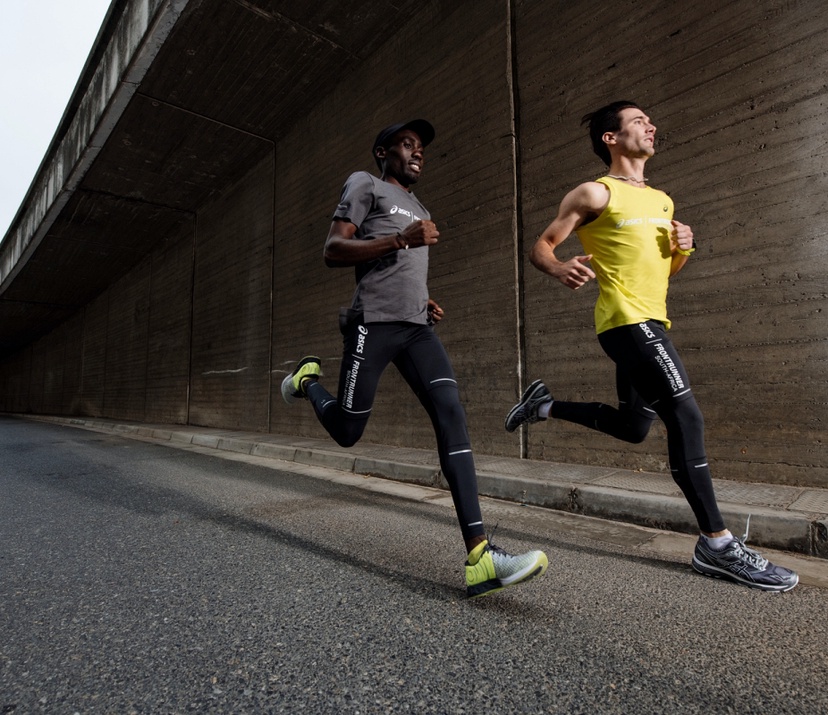We’ve all felt that feeling somewhere during a race when your heart is pounding and your muscles are burning, crying out at you to stop or slow down.
But what causes muscle fatigue?
There is not one simple answer to this:
Running first breaks down your muscle fibres. The further and harder you go, the more fibres you 'damage'.
During rest and recovery then, your body rebuilds these damaged muscle fibres. If the recovery goes well, these muscle fibres are repaired stronger than before.
During a run or race though, a lot comes down to oxygen:
Oxygen fuels our muscles during exercise, powering us to go further, to go faster and to cross the finish line. When you don’t have enough oxygen you produce lactic acid, causing the burning sensation and tiredness every runner has felt at some point.
Then there’s the heart – the further and harder you go, the faster your heart has to beat. And once again, it’s all down to oxygen:
- Blood passes through the lungs, where it picks up oxygen to deliver to the muscles (oxygenated blood)
- The heart pumps oxygenated blood to your muscles where it drops of the oxygen your muscles need and picks up waste lactic acid
- The blood – now deoxygenated – returns to the heart through your veins, ready to start the whole process again
As you train, your body adapts to deliver oxygen more efficiently and to get deoxygenated blood back to the heart and remove lactic acid from your muscles as quickly as possible.
While being armed with this knowledge is not going to stop you from getting tired, at least you understand fatigue better and can perhaps manage your recovery better.
Learn more about compression gear and its use for effective recovery, here.



